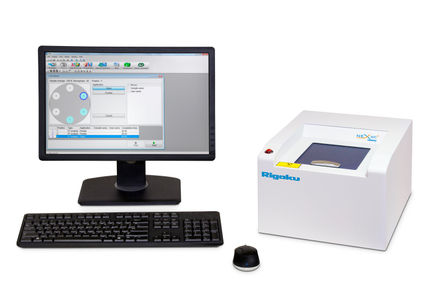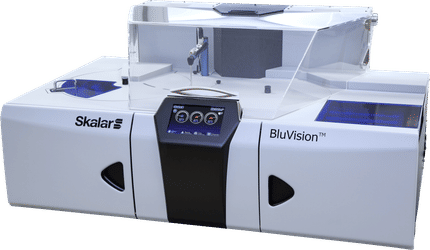To use all functions of this page, please activate cookies in your browser.
my.chemeurope.com
With an accout for my.chemeurope.com you can always see everything at a glance – and you can configure your own website and individual newsletter.
- My watch list
- My saved searches
- My saved topics
- My newsletter
Component (thermodynamics)
Product highlightThe number of components is equal to the number of independent chemical constituents, minus the number of chemical reactions between them, minus the number of any constraints (like charge neutrality or balance of molar quantities). For example, a system that contains water in liquid state also contains hydronium cations and hydroxyl anions according to the reaction:
The number of components in such a system is
The reactions that are included in the calculations are only those reactions that actually occur not those that might occur under different conditions like higher temperature or the presence of a catalyst. The components of a system are those chemical constituents whose concentration may be varied independently in the various phases.[1] |
| This article is licensed under the GNU Free Documentation License. It uses material from the Wikipedia article "Component_(thermodynamics)". A list of authors is available in Wikipedia. |







